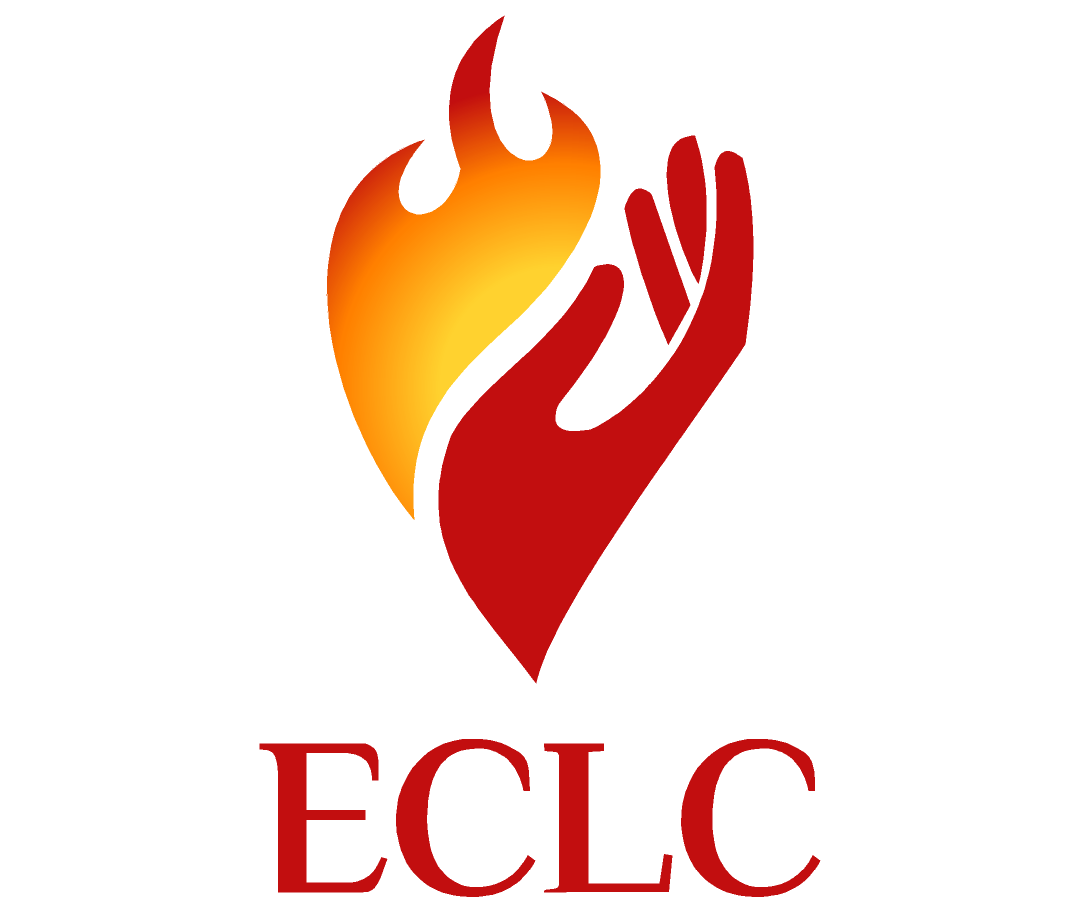Social and Professional Networks and “Opportunities” – what is the relationship?
Once a year I immerse myself in at least one learning space and event with lots of new people. My goal will be to share my knowledge and expertise, as well as having this challenged and enriched by other ideas. My target is also to connect in a meaningful long term career relationship with five people, thus expanding my network and the opportunities potential that lies in those relationships.
I have often heard people lament, “if only I would be given an opportunity” or “if only I had an opportunity”. Translate “opportunity” into your vernacular and country context lingo for it to really be relatable 😊. Reflecting on this and career networking, there is a need to expand the value of career networking to include many other “opportunities” that can help a person in terms of both job search and life goals. By doing this, we pay proper tribute to the crucial position and value of a social and professional network.
What then are “opportunities”?
Opportunity is defined as “a time or set of circumstances that makes it possible to do something.”
Synonyms for the word “opportunity” are insightful. They are: a chance, a break, a prospect, a window, a turn, a go, and an opening.

What do people mean when they say, “I just need an opportunity” in the context of career development?
When an individual says: “I need an opportunity”, they mean:
“I just need a set of circumstances that makes it possible for me to do something.”
The “something” I leave you to define but note that it is not limited to a job in the broad definition of a career as the sum of all the paid and unpaid work roles you have or do.
OPPORTUNITIES MARKET – What are the set of circumstances or opportunities that people yearn for?
Self-Coaching Tip – the list below is not exhaustive; you can adapt it and add your own opportunities or set of circumstances that you need to make it possible for you to achieve your life and work goals = your career plan. Opportunities that people need and seek through their Social and Personal Network are:
- Leads or Connections – for job openings (remember the Hidden Job Market); for consultancy or gig contracts; for long-term business contracts; to get information that is not open to many etc
- Contacts – to people, to spaces, to associations e.g. professional ones where further connections are made, to other networks e.g. alumni groups, online communities on social media platforms, chat groups such as WhatsApp and Telegram where social bonds defy distance and time etc
- Resources – here the list is long, it includes people, money/financial investment, time as a resource, knowledge, practical tangible inputs, technology etc
- Expertise – we live in a knowledge economy, where access to and free use of certain expertise will not only shorten your learning curve, time to your own competence, delivery time and it can also open up many possibilities for you and your goals.
- Information – access to information is the difference maker in many situations. It determines how we respond and plan our actions, as well as our strategies. For example, industry or labour market information about the industries that are flooded and those with job openings in the next 5 years influences job search actions and education plans.
- Learning – there are various ways we learn through, with and from others. For some people, the opportunities they seek may be learning opportunities e.g. from a mentor, an advisor, a coach, an expert in the field etc, or being connected to learning spaces and funds such as scholarships.
- Location – this is critical as both physical and relational proximity makes a huge difference in the set of circumstances or opportunities you can access or leverage.
- Support – this can be social or professional support that takes the form of boosting your confidence, giving you feedback, providing a different perspective, providing inspiration and fresh ideas, emotional support etc

Reminder of the 15 Roles that should be in Your Social and Professional Network
- Connector – a person with a lot of linkages with other people to connect you to.
- Boundary Spanner – a person who links unconnected networks with yours.
- Peripheral Specialist – not really connected to others but brings specialised knowledge that others in your network and you may need.
- Expert Practitioner/s – experts in your sector or field of interest; they are usually organized into a Community of Practice / Professional Association.
- Mentor – someone who has achieved what you want to be that you turn to often.
- Coach – thinking and accountability partner walking with you to achieve goals in a timebound and outcomes-based relationship.
- Advisor – someone you turn to for specific social or professional advice.
- Sponsor – a key decision-maker who sits at the decision-making table. He/She is the one who “carries your ideas and papers” into the room and pushes for your interest in an opportunity, position or resources.
- Champion – your promoter in various spaces and to others. They market you, what you have and can do. They raise your profile and brand.
- Inspiration partner – who you turn to for ideas and they inspire you to generate ideas or stimulate your creativity.
- Accountability partner – someone whose role is purely to keep you on track in terms of set goals or commitments made.
- Peer collaborator – someone you can count on for collaborative projects and mutual accountability.
- Friend/s – those very close to you providing emotional and social support. They are quality and vakue adding relationships not quantity.
- Family – those very close to you who support you unconditionally.
- Social group member/s – close connections in your social groups.

10 Tips on How to Develop your Social & Professional Network
- At the heart of any network are RELATIONSHIPS…so focus on relationship building.
- Identify mutually beneficial relationships and seek these out to be in your network.
- Be clear on how to add value, what you need and negotiate terms.
- Check in regularly and share updates.
- Follow and like their work…especially online.
- Invest time in the relationship, there is no substitute for this.
- Share resources that you have as well. Be a value addition.
- Connect your network members or recommend them.
- Profile and champion their work.
- Thank them for anything they do for you….
In closing: your Social and Professional Network can unlock opportunities for you. However, this is dependent on the quality of your network, the depth of relationships you have, whether your ties are weak or strong and your level of investment. In another blog, I will share more on “How to Map and Develop Your Social and Professional Network”. Be on the look-out for it 😊.
Next Steps:
Individuals: If you need support on how to utilise this career information for career planning, job search, career development, career progression or CV/resume review, whether currently employed or not, and social wellness, get in touch using the e-mail address provided. Also share and follow this work 😊.
Written by: Ennie Chipembere Chikwema, Career Coach and Learning Expert
E-mail: ennielifecoach@servicesgalore.co.za
LinkedIn Profile: https://za.linkedin.com/in/ennie-chipembere-chikwema-81a30910a
Facebook Page: https://www.facebook.com/EnnieLifeCoach/
Twitter: @EnnieChipembere
Date published: 07 September 2019


Great post 😀 I do not think I have these 15 roles in my network though. Good that you are planning to write a further post on the topic!
LikeLike